Hot Weather Lowers Students’ Ability to Learn, New Study Finds UCLA Luskin scholar Jisung Park documents the negative effects of warm temperatures on educational performance
By Mary Braswell
An expansive study tracking 10 million American students over 13 years confirms what children, parents and teachers already suspected: When classrooms grow uncomfortably warm, students struggle to learn.
Low-income and minority students are particularly affected, and the problem stands to worsen as global temperatures rise, according to the research co-authored by UCLA Luskin assistant professor of public policy Jisung Park.
In some schools, a remedy is within reach. The negative effects of hotter days are almost entirely offset in classrooms equipped with air-conditioning, the researchers found.
Park said the study was launched to understand the effects of climate on educational performance. “Specifically, we were interested in whether a hotter-than-average schoolyear can actually reduce the rate of learning,” he said.
The researchers found that, without air conditioning, each 1 degree Fahrenheit increase in schoolyear temperature reduces the amount learned that year by 1 percent. The decline in learning was detected when outdoor temperatures exceeded 75 degrees “but becomes really problematic at 85, 90 and above,” Park said.
“I think it’s worth highlighting the fact that racial minorities and low-income students seem to be affected much more negatively,” Park said. “So with the same heat shock — in the same year with 10 more hot days — black or Hispanic students on average would experience roughly three or four times the negative impact than a white student would.
“A lot of that seems to be because of different rates of air conditioning, both at school and at home.”
Park points out that “the United States is still one of the most highly air conditioned countries in the world.” In countries like India and Bangladesh, where both temperatures and poverty levels are high, the effects of heat on cognitive development are likely to be more profound, he said.
The study, published by the National Bureau of Economic Research, assessed test scores from 10 million high school students who took the PSAT exam multiple times, between 2001 and 2014. An individual test-taker’s scores dipped in years when higher temperatures were recorded, the research found.
“An important distinction to make here is, in this paper, we’re not actually studying how temperature during an exam affects your performance,” Park said. “You could have someone who’s very well-educated have a bad test day. That’s very different from someone who, because they weren’t able to focus enough times over an extended period, is actually not very well educated. We wanted to test that latter hypothesis.”
He noted that the research was motivated, in part, by a desire to make our society more resilient to climate change. The study forecasts the impact of hot temperatures on student learning over the next three decades. One model assumes no changes in school infrastructure, and another assumes that the rate of air conditioning is increased.
“There’s a very big difference,” Park said.
But he added that the research should not be interpreted as a mandate for schools to install air conditioning.
“As always, we need to weigh the costs and benefits,” he said. “The costs are going to vary tremendously, and maybe it still doesn’t make sense for a school up in northeast Maine to revamp their hundred-year-old building at a $20-million cost.”
Park holds a joint appointment with the UCLA Fielding School of Public Health, where he is an assistant professor of environmental health sciences. As a Rhodes Scholar at Oxford University and National Science Foundation fellow at Harvard University, he pursued research in environmental and labor economics, specializing in the impact of climate change on human capital.
Park’s latest study, “Heat and Learning,” was co-authored by Joshua Goodman, associate professor at Harvard University; Michael Hurwitz, senior director at the College Board, which administers SAT and PSAT exams; and Jonathan Smith, assistant professor at Georgia State University.
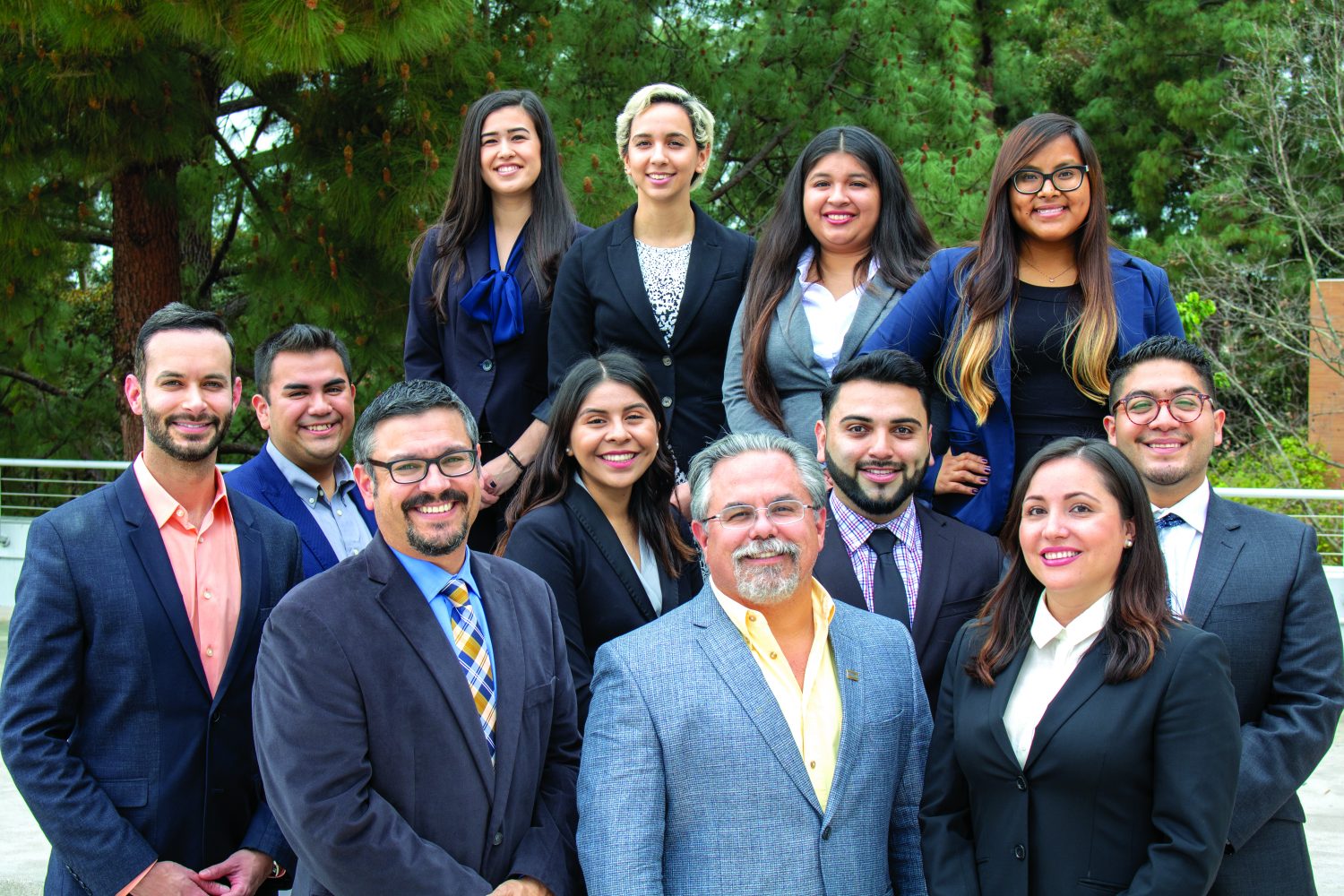

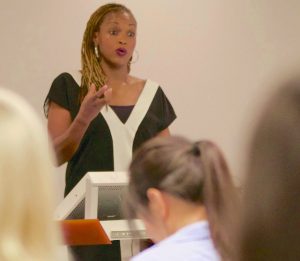
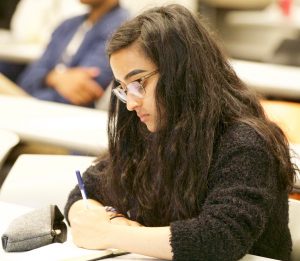
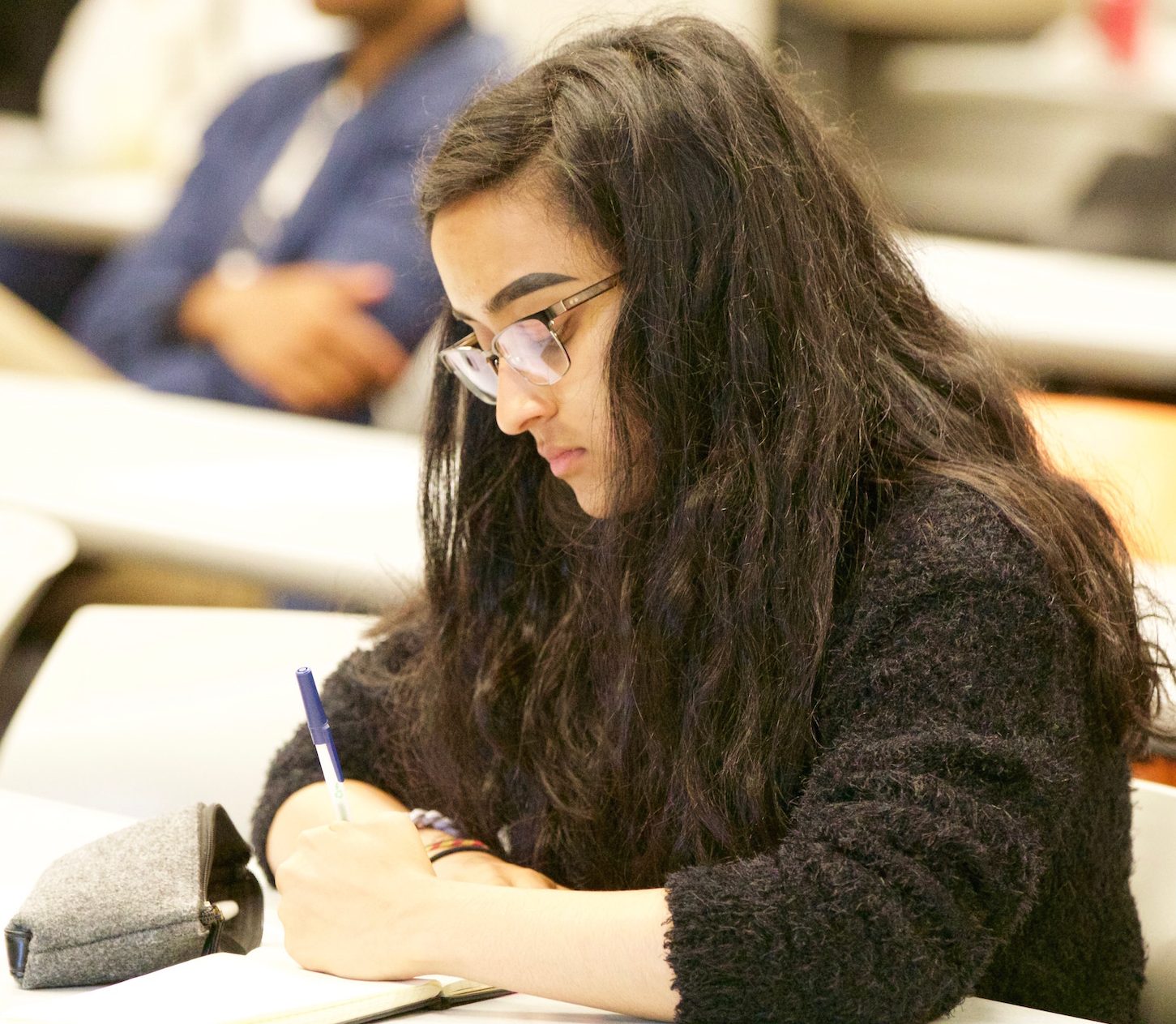
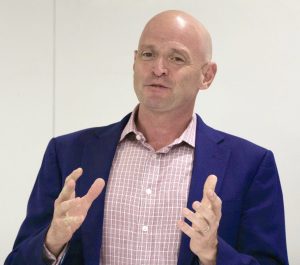
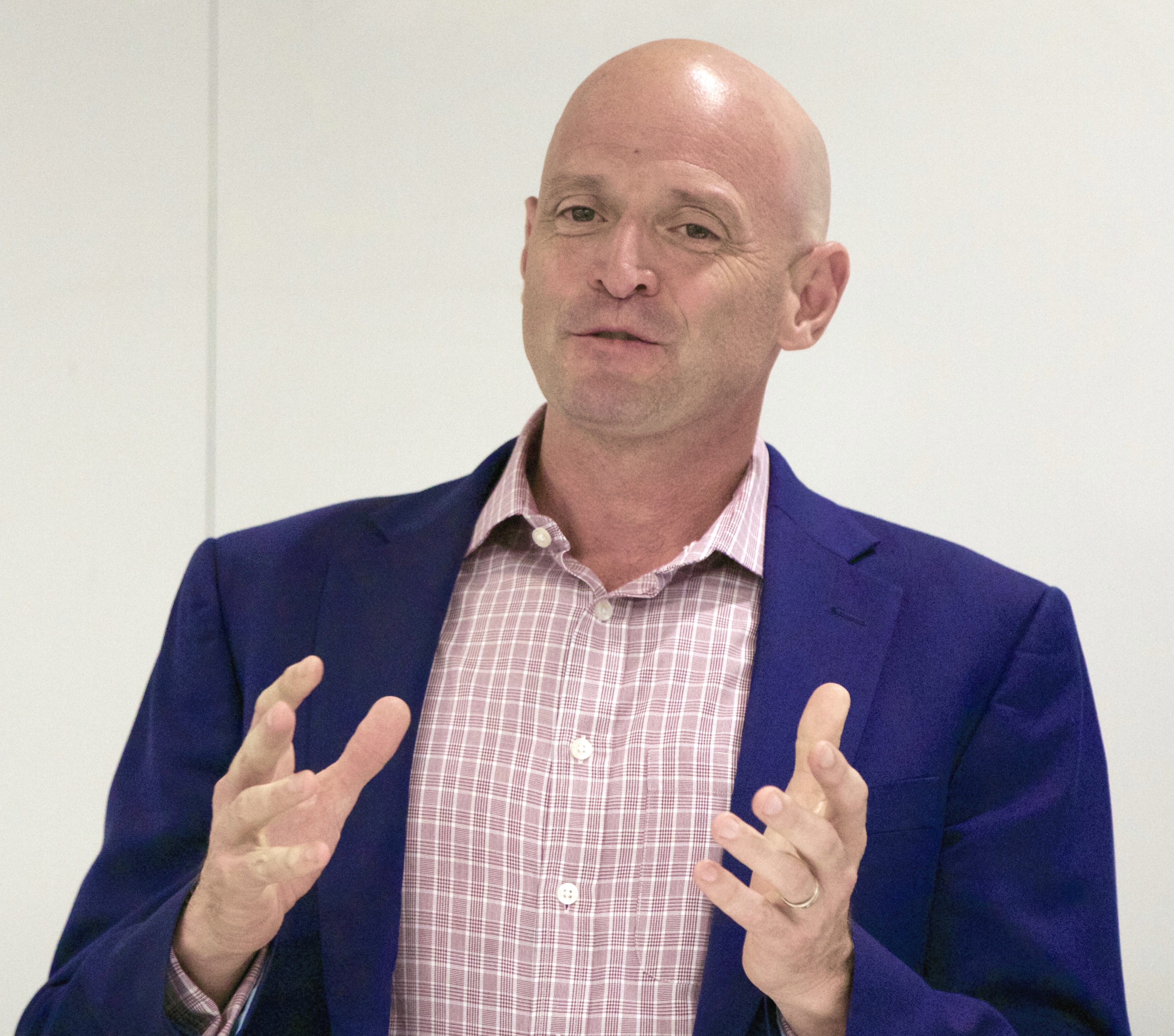
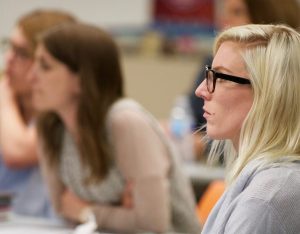
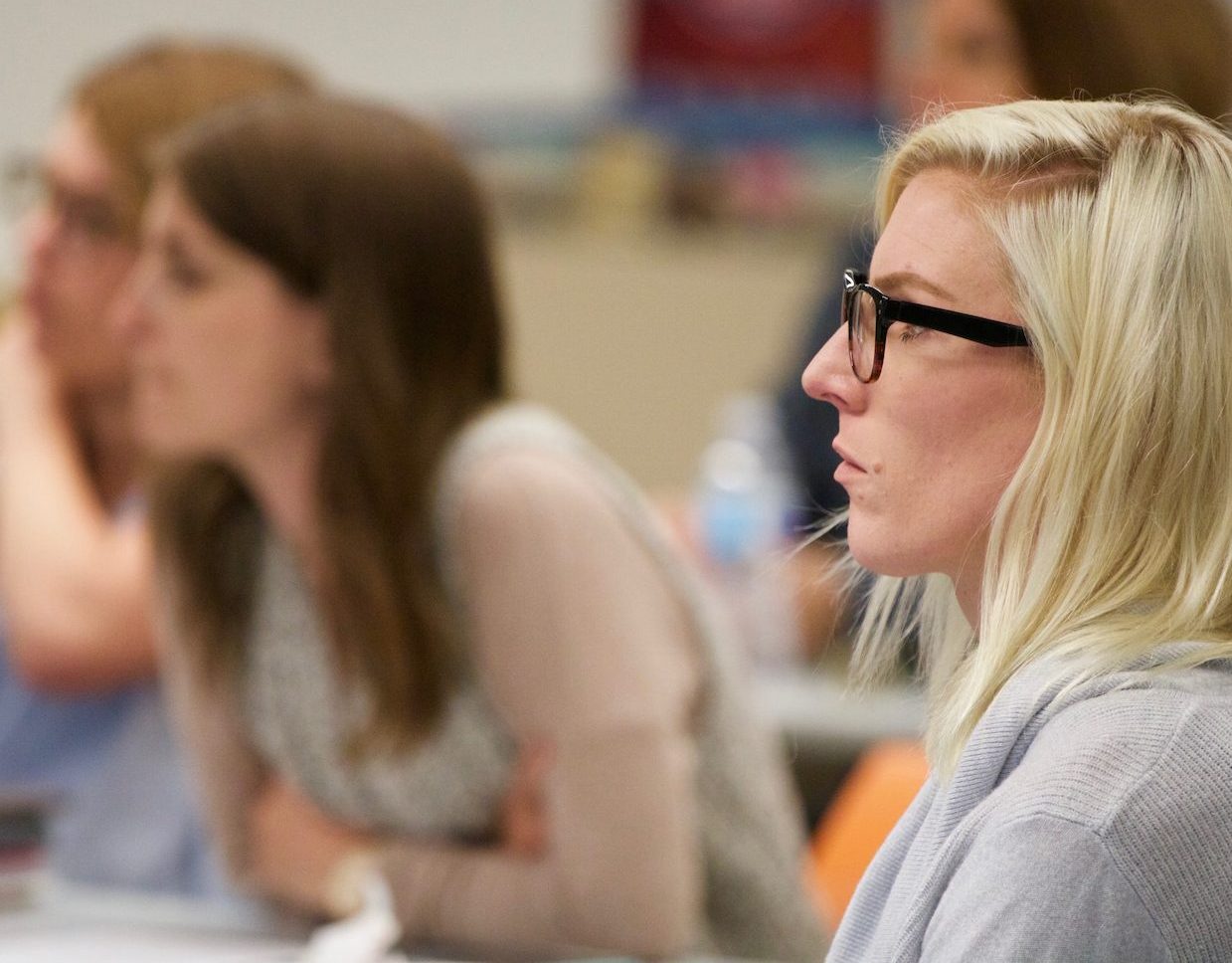


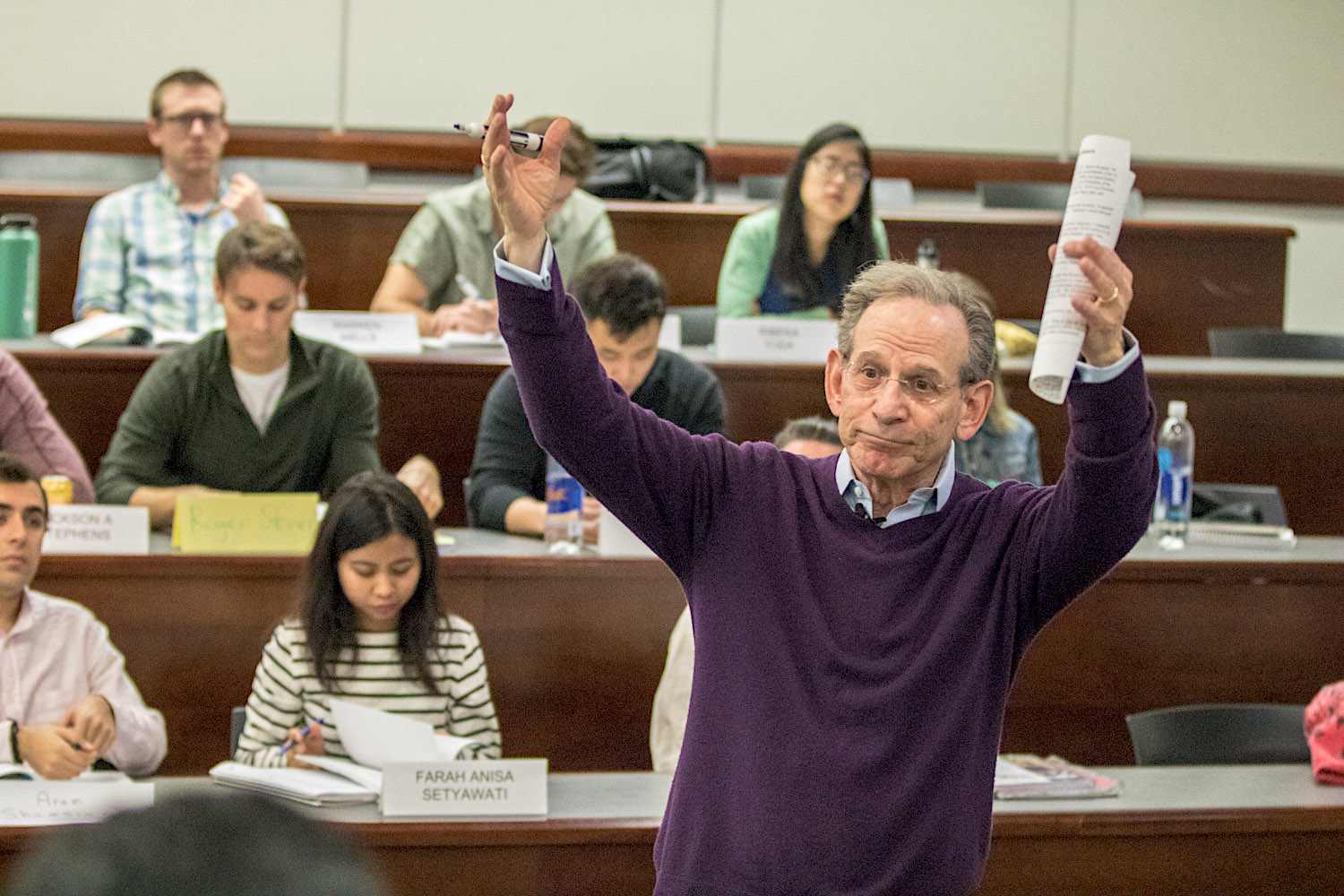
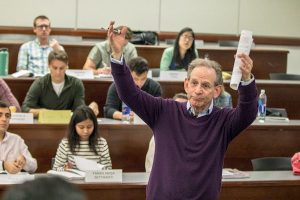
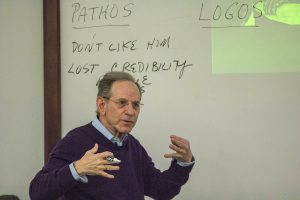
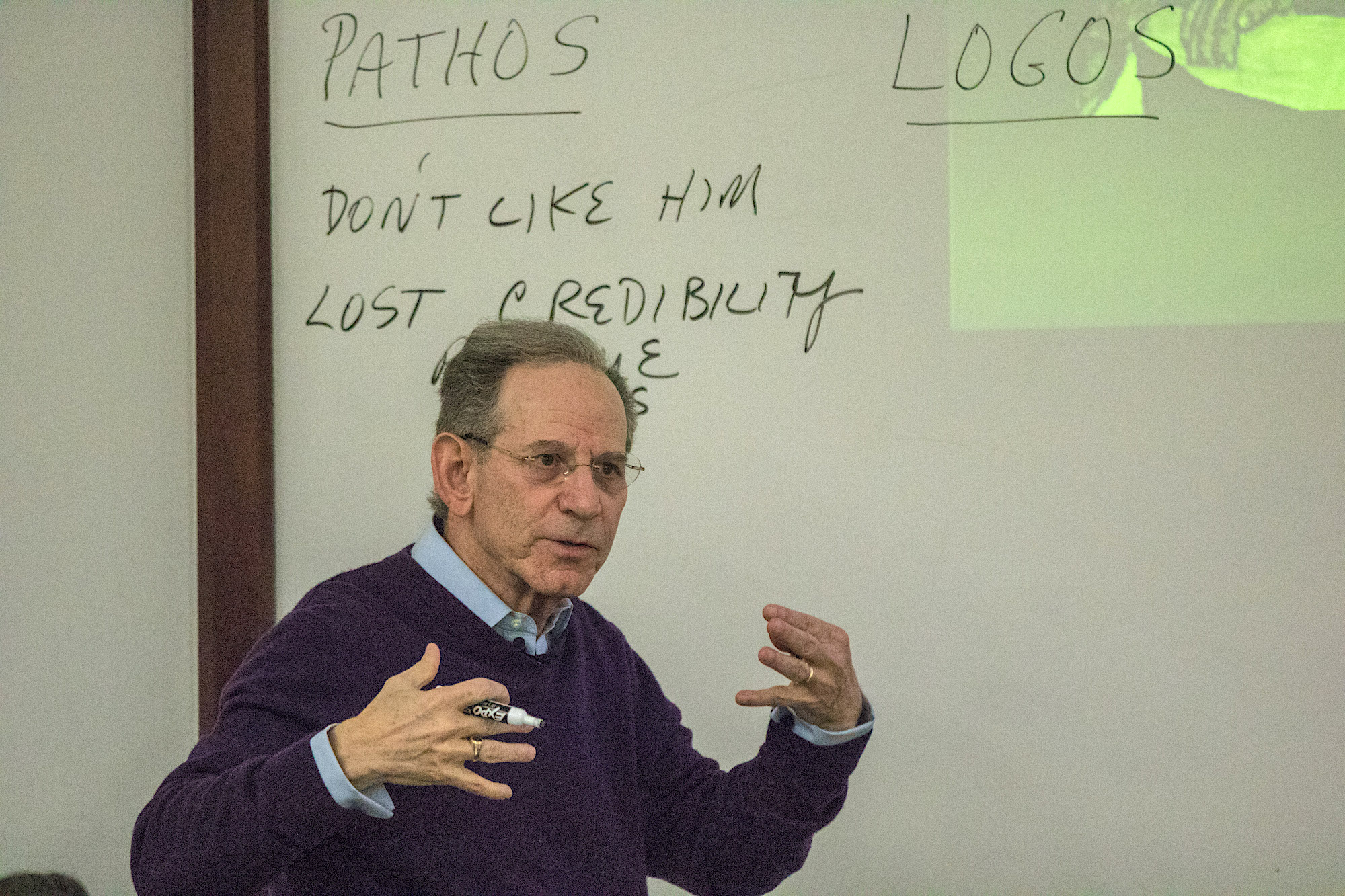
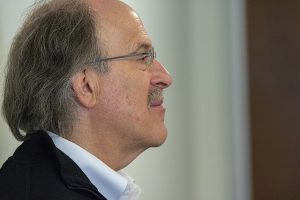
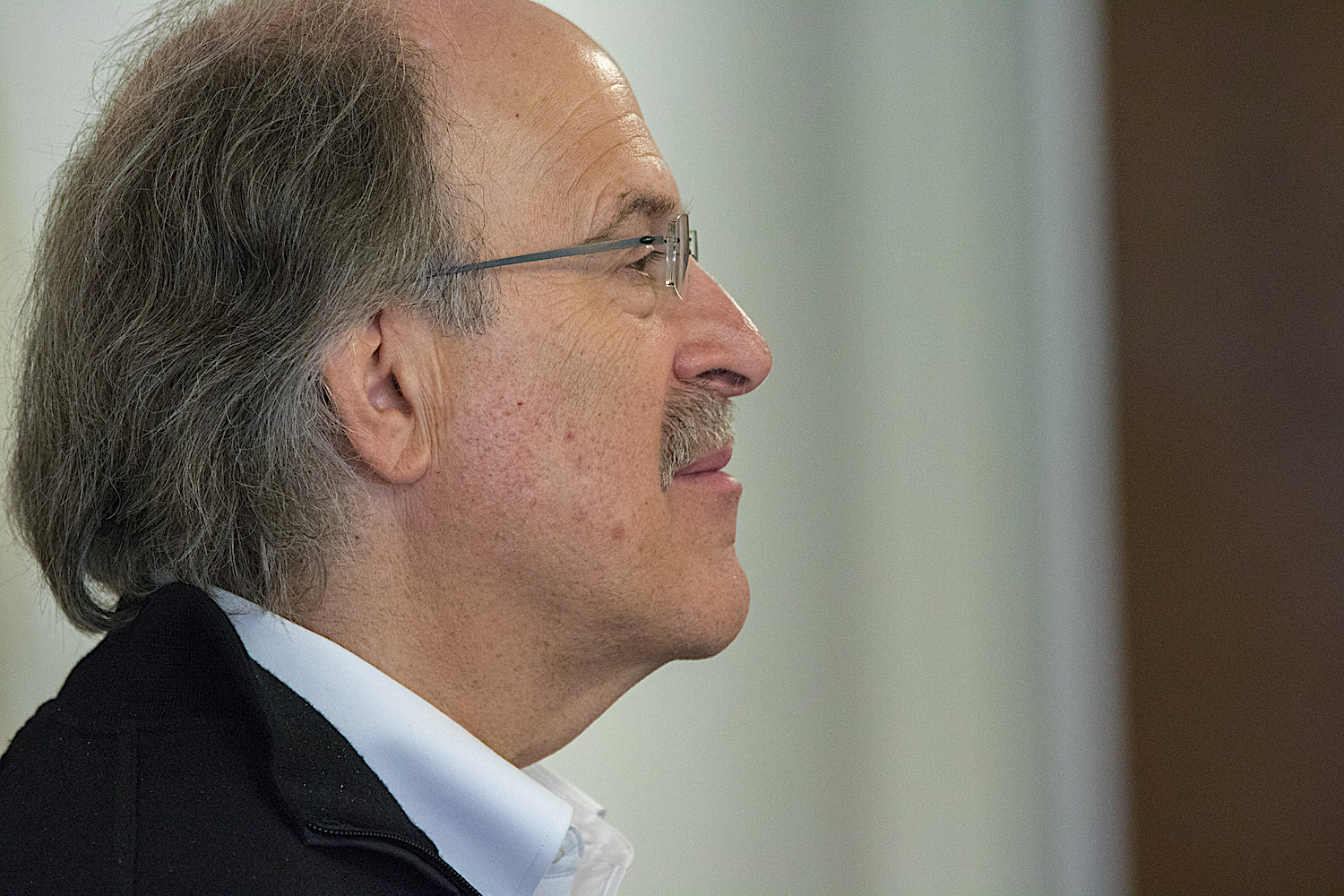


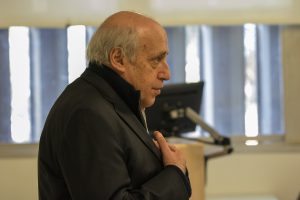
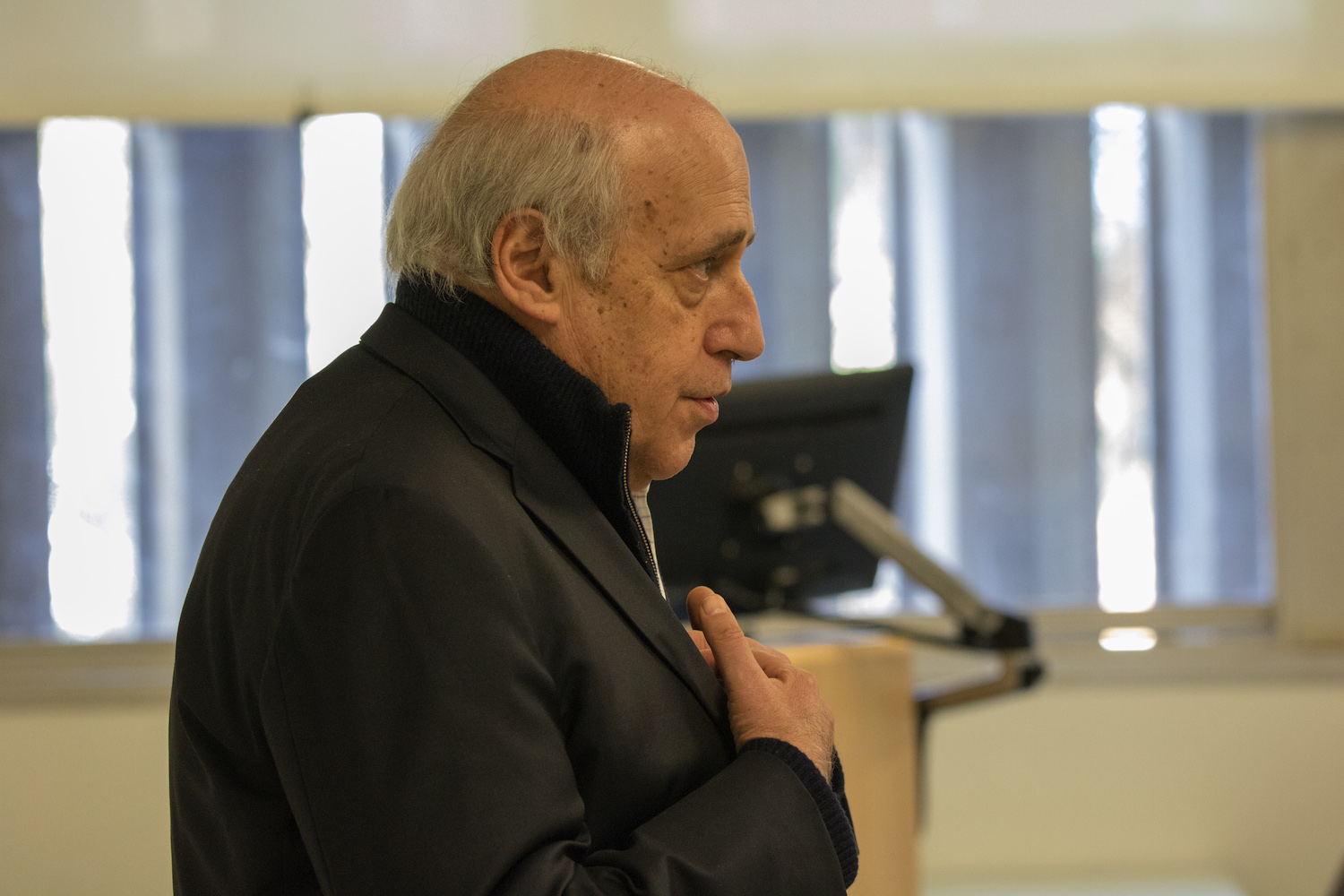
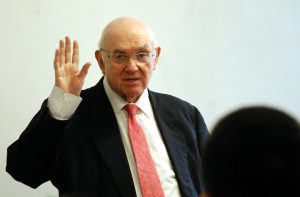
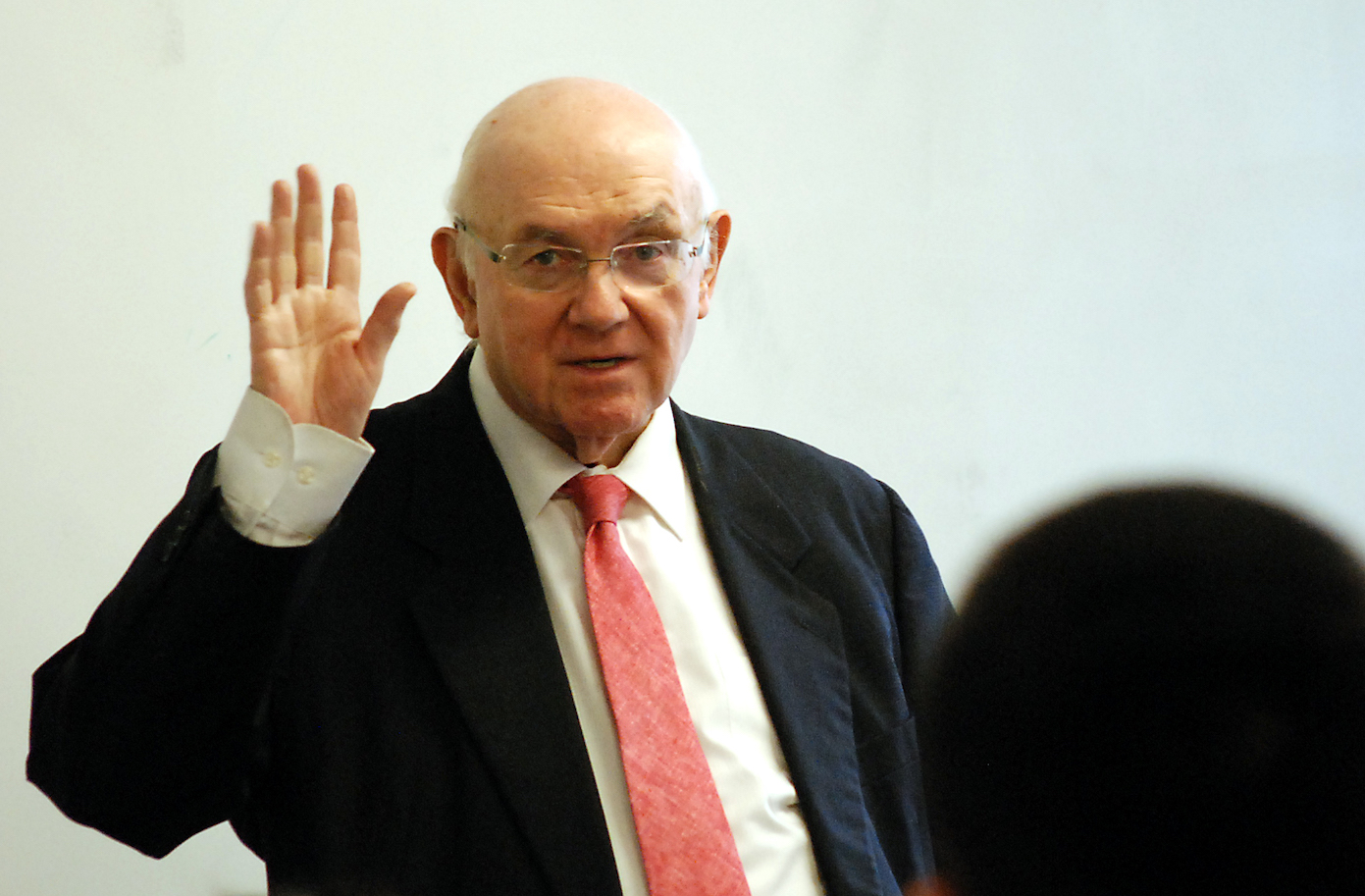
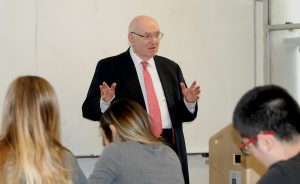
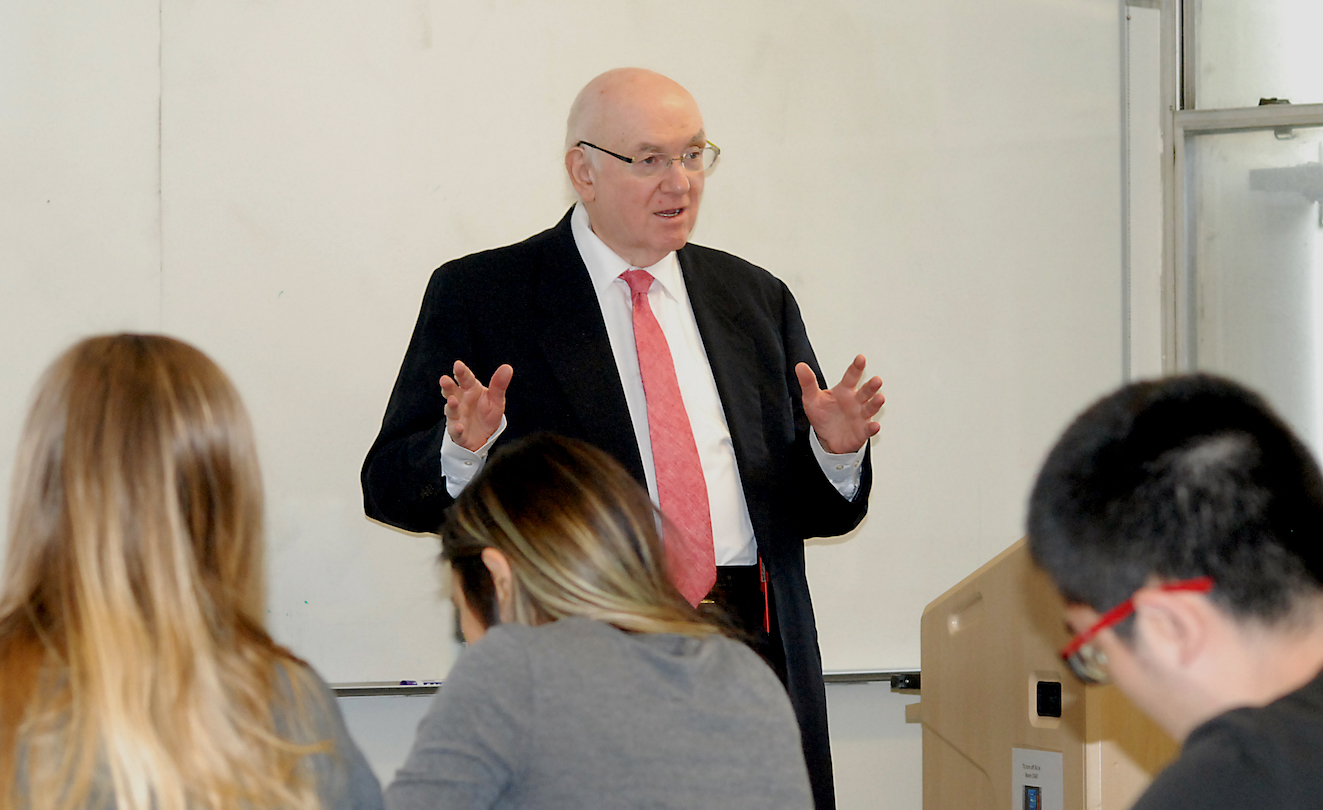
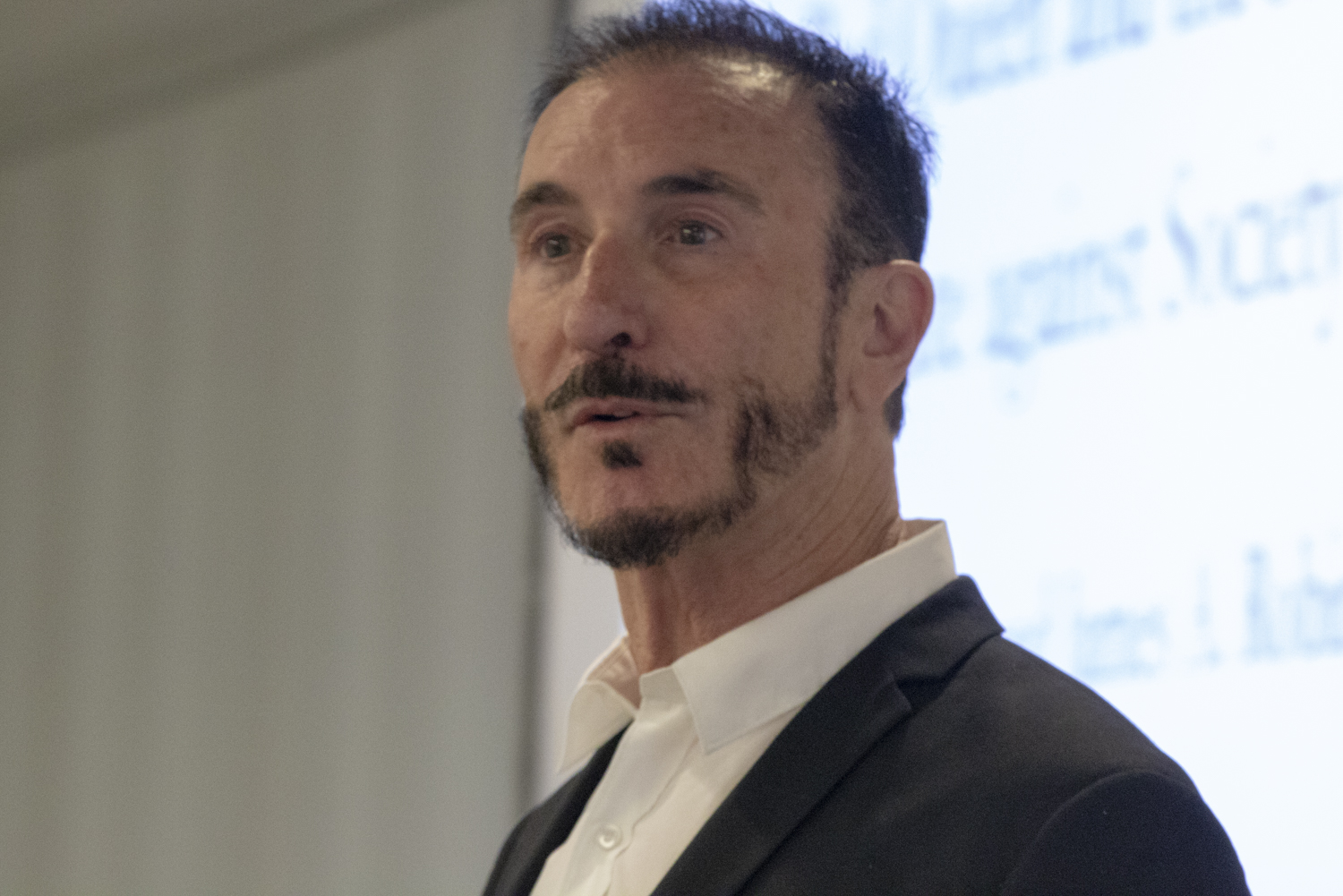
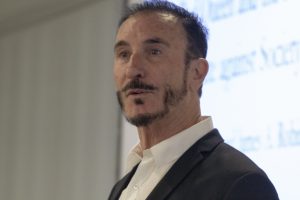
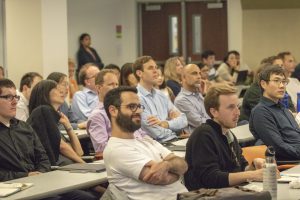
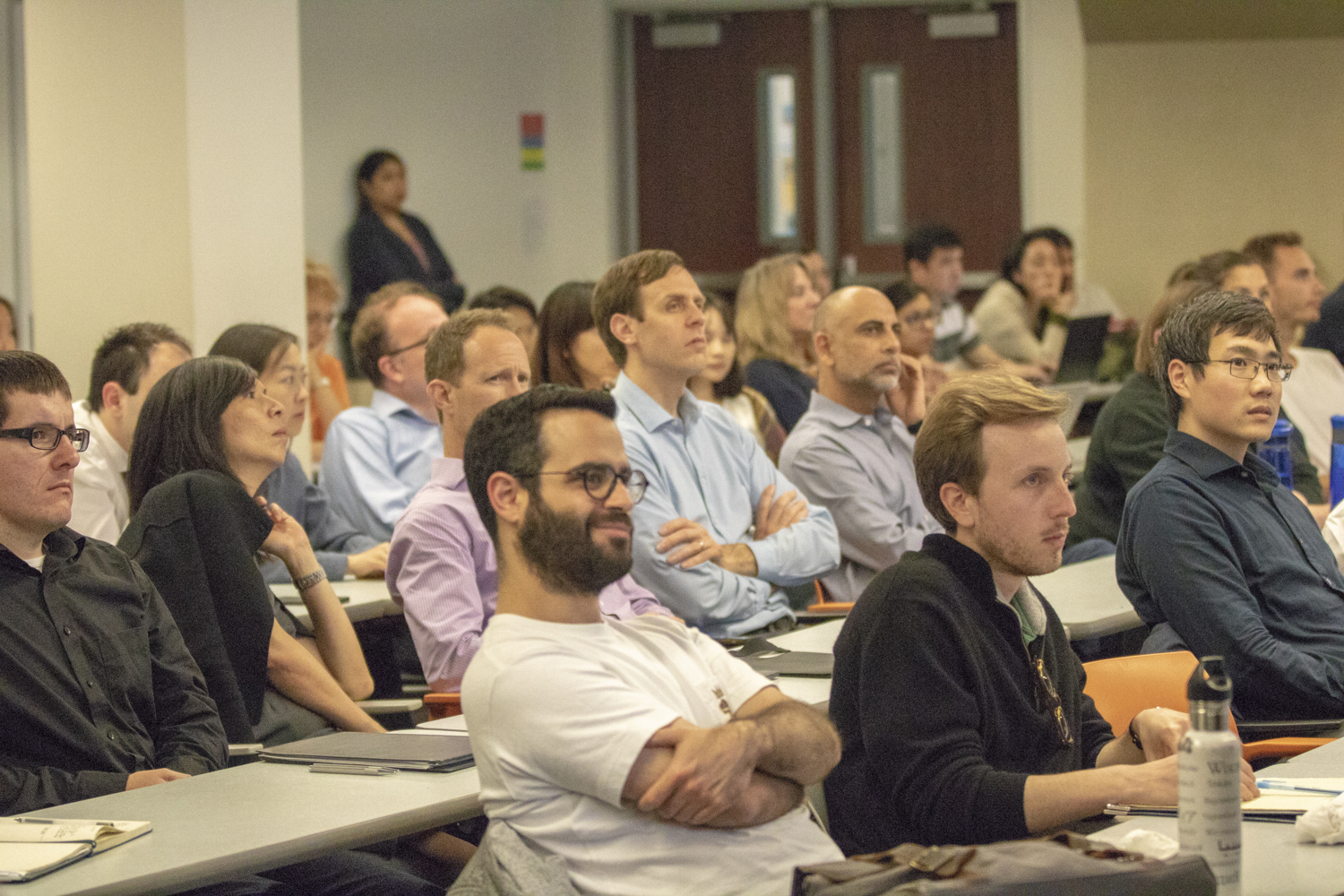
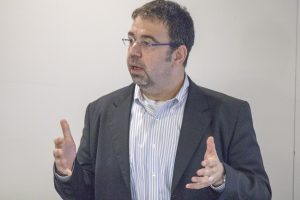
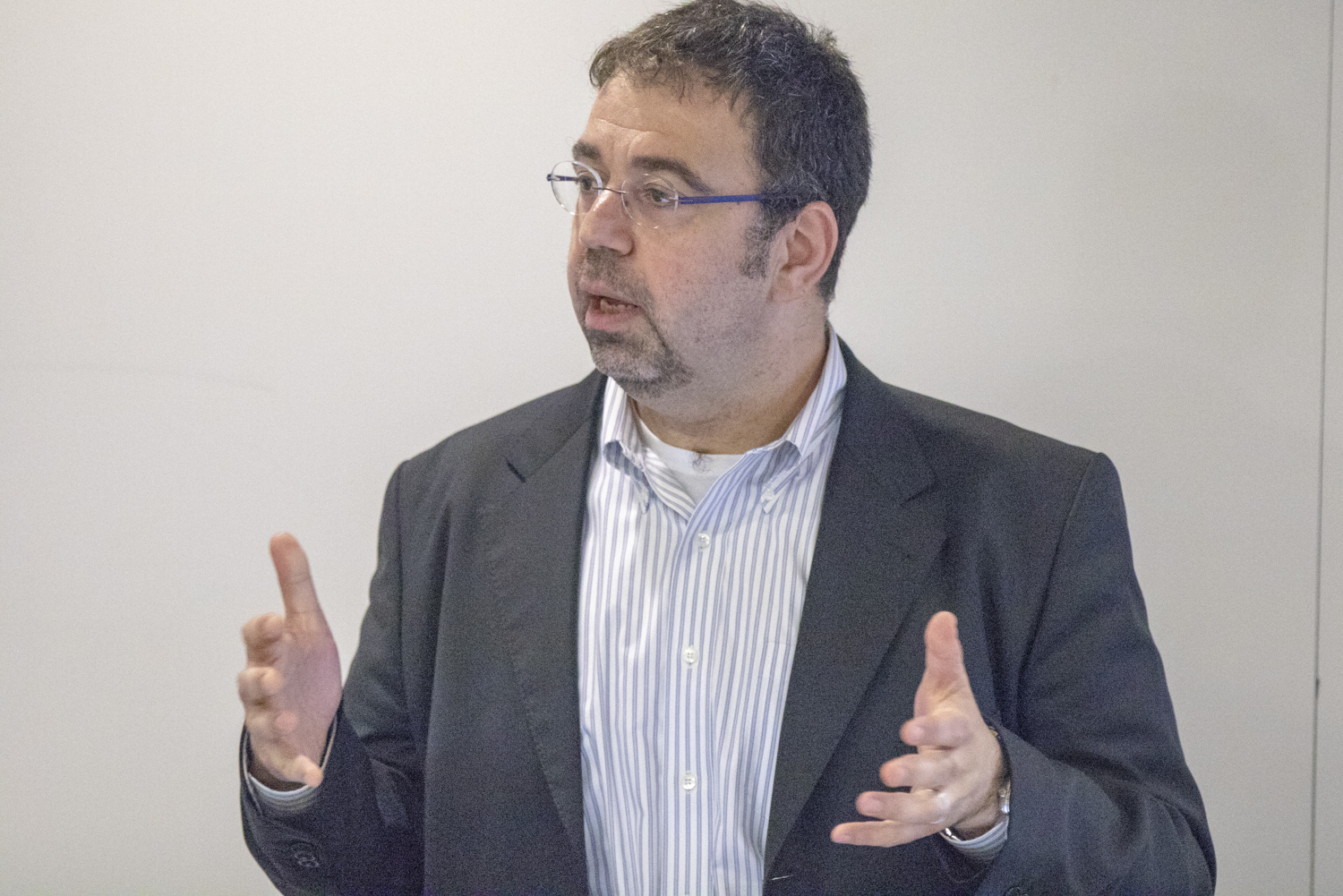
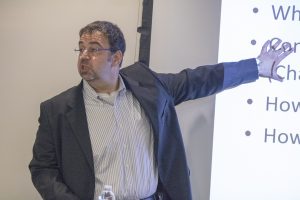
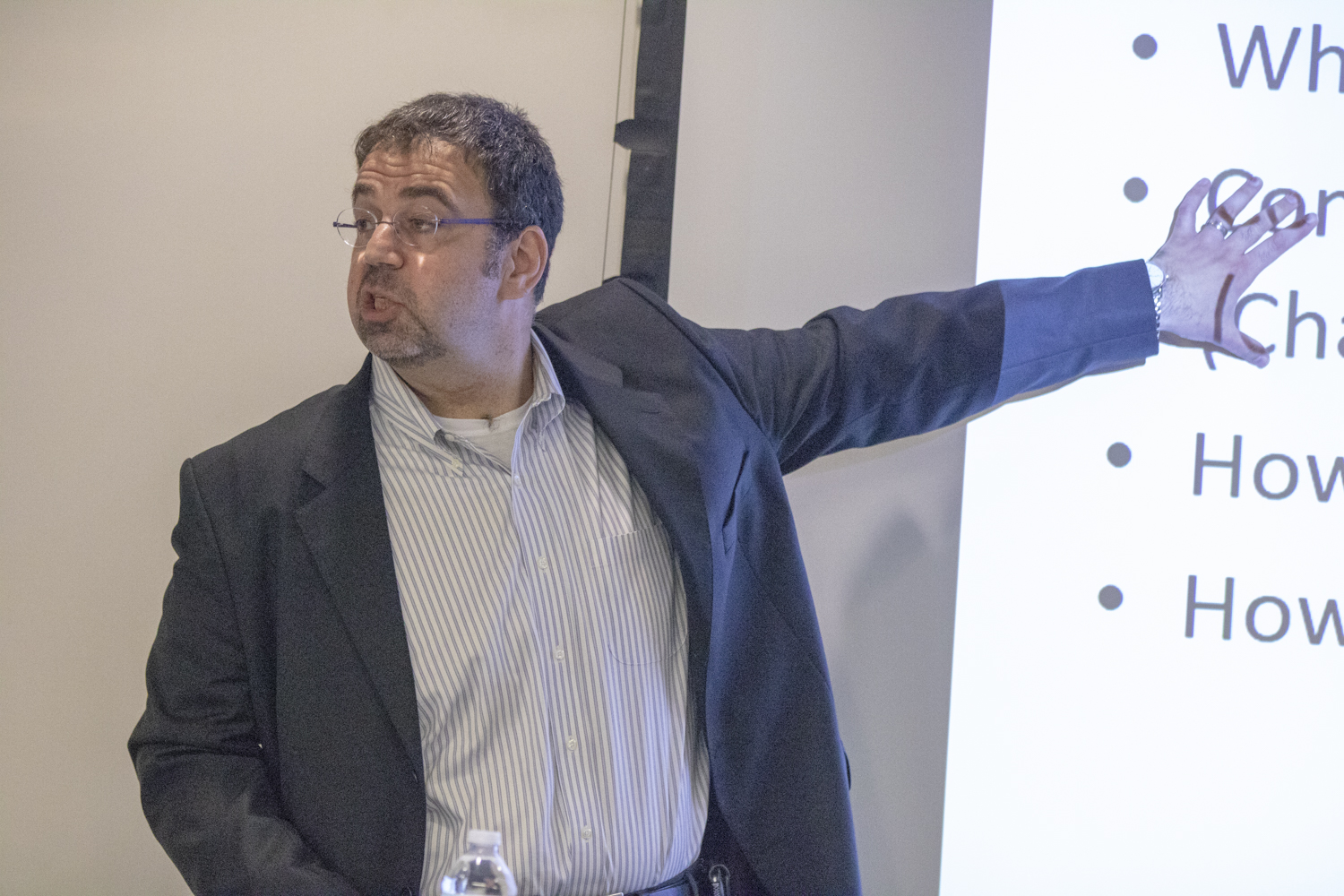
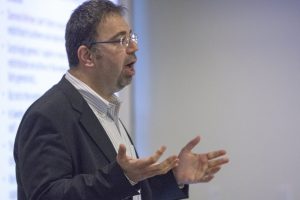
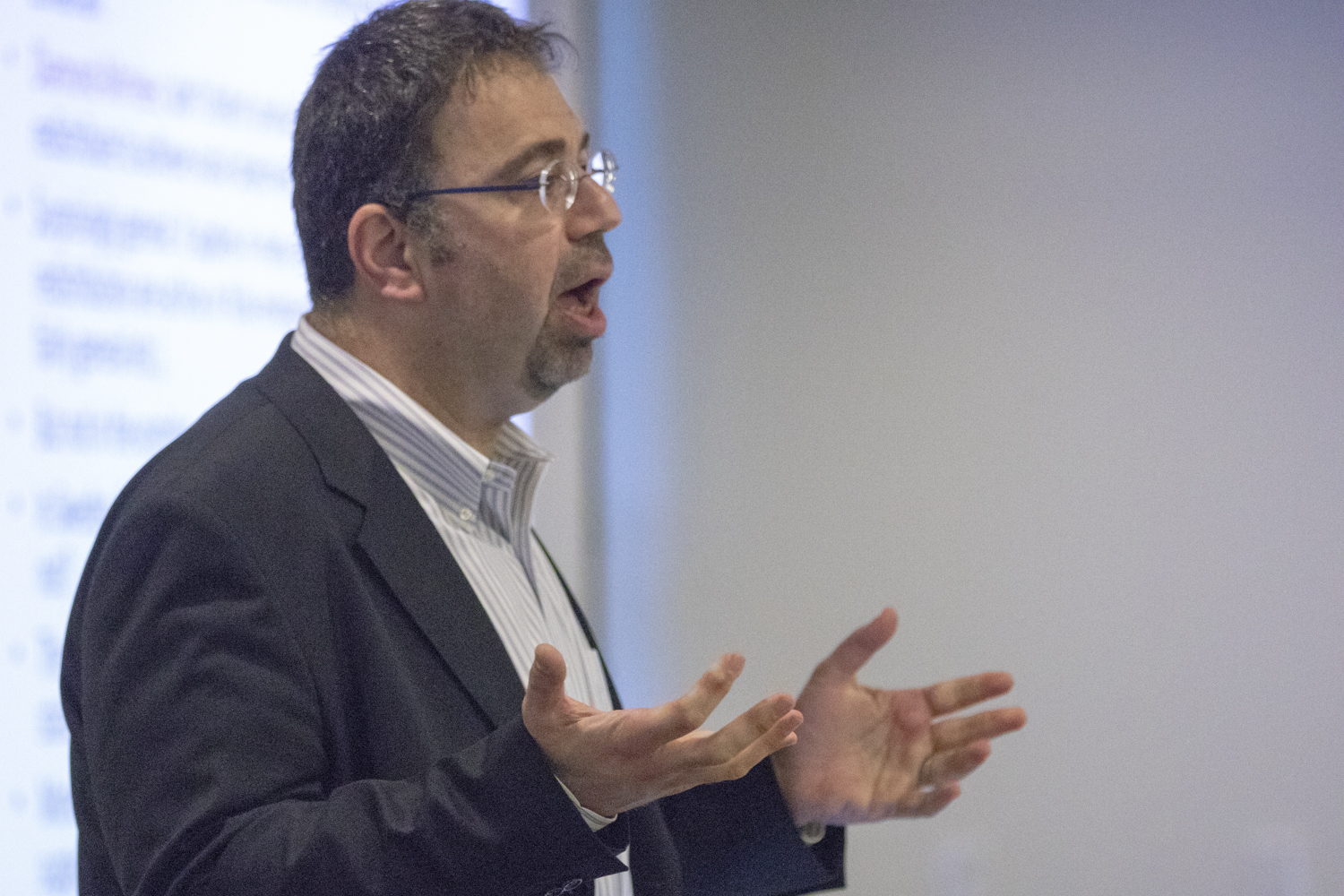

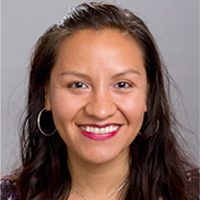 Amada Armenta: She is returning to UCLA where she completed her PhD in sociology, and will join Urban Planning in the fall. Armenta comes to UCLA from the University of Pennsylvania where she is an Assistant Professor of Sociology. Her work looks at immigration enforcement and its impact on the lives and communities affected. She is particularly interested in the intervention of the criminal justice system in immigration enforcement. She has been published in Social Problems and the Annual Review of Sociology, in addition to her University of California Press book, “Protect, Serve, and Deport: The Rise of Policing as Immigration Enforcement.”
Amada Armenta: She is returning to UCLA where she completed her PhD in sociology, and will join Urban Planning in the fall. Armenta comes to UCLA from the University of Pennsylvania where she is an Assistant Professor of Sociology. Her work looks at immigration enforcement and its impact on the lives and communities affected. She is particularly interested in the intervention of the criminal justice system in immigration enforcement. She has been published in Social Problems and the Annual Review of Sociology, in addition to her University of California Press book, “Protect, Serve, and Deport: The Rise of Policing as Immigration Enforcement.” Natalie Bau: She is an international economist currently at the University of Toronto and will be joining Public Policy. Bau’s work examines several different aspects of the economics of education and educational policies and their downstream implications, including the effects on marriage patterns, teacher pay, student achievement and motivation, and others. She has projects in the works including “The Misallocation of Pay and Productivity in the Public Sector: Evidence from the Labor Market for Teachers” as well as “Labour Coercion and Economic Growth: Evidence from the Harrying of the North.”
Natalie Bau: She is an international economist currently at the University of Toronto and will be joining Public Policy. Bau’s work examines several different aspects of the economics of education and educational policies and their downstream implications, including the effects on marriage patterns, teacher pay, student achievement and motivation, and others. She has projects in the works including “The Misallocation of Pay and Productivity in the Public Sector: Evidence from the Labor Market for Teachers” as well as “Labour Coercion and Economic Growth: Evidence from the Harrying of the North.”
 Amy Ritterbusch: She will be joining Social Welfare. Ritterbusch is a human and urban geographer and currently an associate professor of government at the Universidad de los Andes in Bogotá, Colombia. Her work is focused on urban social justice movements, marginalized youth, substance abuse, prostitution and other downstream effects of child poverty. She also brings extensive expertise in field work, ethnographic methods and Latin American populations across the hemisphere. She has written several journal articles, which have been featured in Child, Abuse & Neglect, Global Public Health, Annals of the American Association of Geographers and other peer-reviewed journals.
Amy Ritterbusch: She will be joining Social Welfare. Ritterbusch is a human and urban geographer and currently an associate professor of government at the Universidad de los Andes in Bogotá, Colombia. Her work is focused on urban social justice movements, marginalized youth, substance abuse, prostitution and other downstream effects of child poverty. She also brings extensive expertise in field work, ethnographic methods and Latin American populations across the hemisphere. She has written several journal articles, which have been featured in Child, Abuse & Neglect, Global Public Health, Annals of the American Association of Geographers and other peer-reviewed journals. Carlos Santos: Currently an assistant professor in counseling psychology at ASU, Santos is coming to UCLA Luskin Social Welfare. His work is principally on gender and ethnic identities, stereotypes, and their impacts on social adjustment, educational performance and outcomes among adolescents in communities of color. He received his PhD from NYU and his work has been funded by NSF and NIH. In addition to his monograph “Studying Ethnic Identity” for the American Psychological Association, his work has been published in many outlets, including the Journal of Youth and Adolescence and the Journal of Counseling Psychology.
Carlos Santos: Currently an assistant professor in counseling psychology at ASU, Santos is coming to UCLA Luskin Social Welfare. His work is principally on gender and ethnic identities, stereotypes, and their impacts on social adjustment, educational performance and outcomes among adolescents in communities of color. He received his PhD from NYU and his work has been funded by NSF and NIH. In addition to his monograph “Studying Ethnic Identity” for the American Psychological Association, his work has been published in many outlets, including the Journal of Youth and Adolescence and the Journal of Counseling Psychology. V. Kelly Turner: Turner is currently an assistant professor of geography at Kent State and her focus is human-environmental interaction and urban management. She will join Luskin Urban Planning in the fall. Her focus has been on how institutional arrangements and good metrics for resource consumption can help us build toward a more sustainable ecosystem, and she has applied this work to water resources, sustainable urbanism, and green infrastructure. She is the author of more than a dozen journal articles in publications such as Applied Geography, Ecology and Society, Urban Geography, and others.
V. Kelly Turner: Turner is currently an assistant professor of geography at Kent State and her focus is human-environmental interaction and urban management. She will join Luskin Urban Planning in the fall. Her focus has been on how institutional arrangements and good metrics for resource consumption can help us build toward a more sustainable ecosystem, and she has applied this work to water resources, sustainable urbanism, and green infrastructure. She is the author of more than a dozen journal articles in publications such as Applied Geography, Ecology and Society, Urban Geography, and others. Emily Weisburst: She is finishing a PhD in economics at UT-Austin and will be joining Public Policy. Her work focuses on bias in policing, officer discretion in arrest behavior, police reform, and the effects of police presence in public schools. Weisburst previously served as a staff economist at the Council of Economic Advisors in the Executive Office of the President, and has done collaborative research for RAND and the State of Texas. Her work has been published in the Journal of Higher Education and Educational Evaluation and Policy Analysis.
Emily Weisburst: She is finishing a PhD in economics at UT-Austin and will be joining Public Policy. Her work focuses on bias in policing, officer discretion in arrest behavior, police reform, and the effects of police presence in public schools. Weisburst previously served as a staff economist at the Council of Economic Advisors in the Executive Office of the President, and has done collaborative research for RAND and the State of Texas. Her work has been published in the Journal of Higher Education and Educational Evaluation and Policy Analysis. Chris Zepeda-Millan: He joins Luskin Public Policy. Zepeda-Millan is a political scientist and current professor of ethnic studies at UC Berkeley. His research focuses on social movements, immigration and communities of color, and has been published in American Journal of Political Science, Political Research Quarterly, Social Science Quarterly, and Politics, Groups and Identities. His book, “Latino Mass Mobilization: Immigration, Racialization and Activism,” was recently published by Cambridge University Press. Zepeda-Millan will be jointly appointed in the Department of Chicana/o Studies and will be working with the Latino Policy and Politics Initiative.
Chris Zepeda-Millan: He joins Luskin Public Policy. Zepeda-Millan is a political scientist and current professor of ethnic studies at UC Berkeley. His research focuses on social movements, immigration and communities of color, and has been published in American Journal of Political Science, Political Research Quarterly, Social Science Quarterly, and Politics, Groups and Identities. His book, “Latino Mass Mobilization: Immigration, Racialization and Activism,” was recently published by Cambridge University Press. Zepeda-Millan will be jointly appointed in the Department of Chicana/o Studies and will be working with the Latino Policy and Politics Initiative.